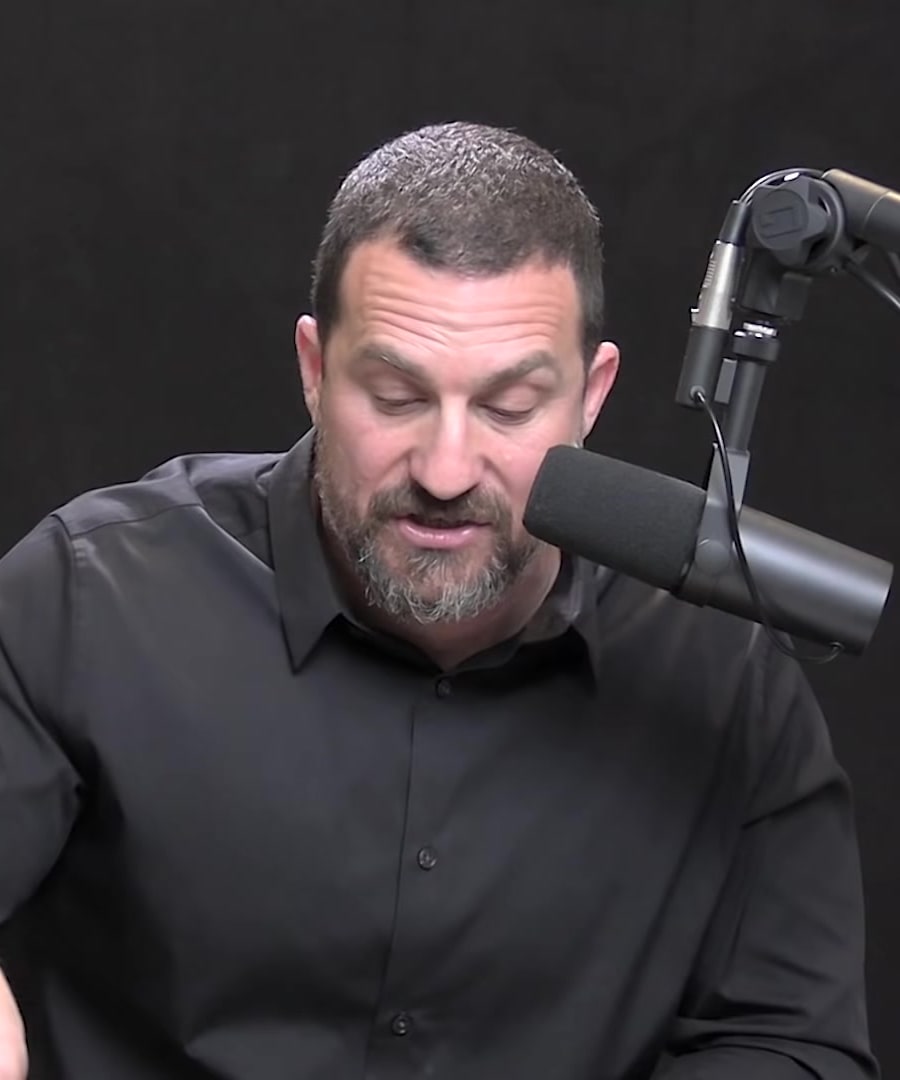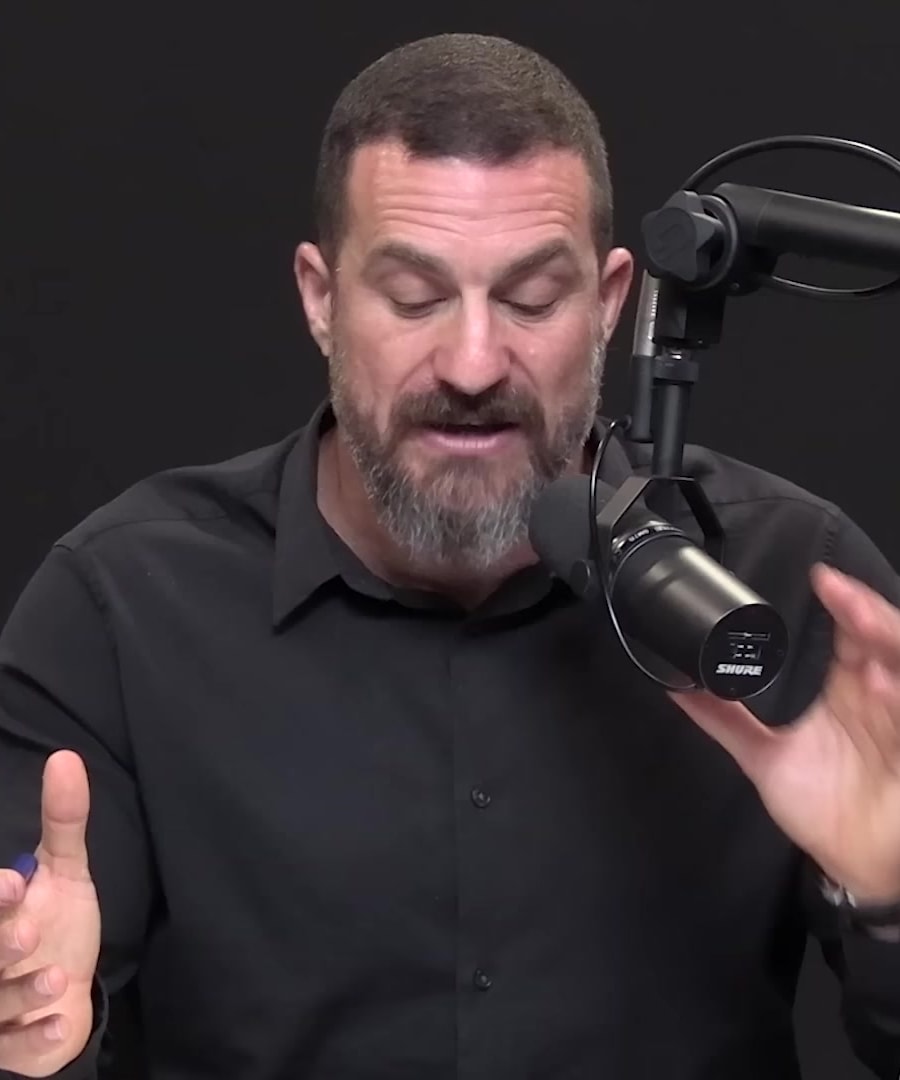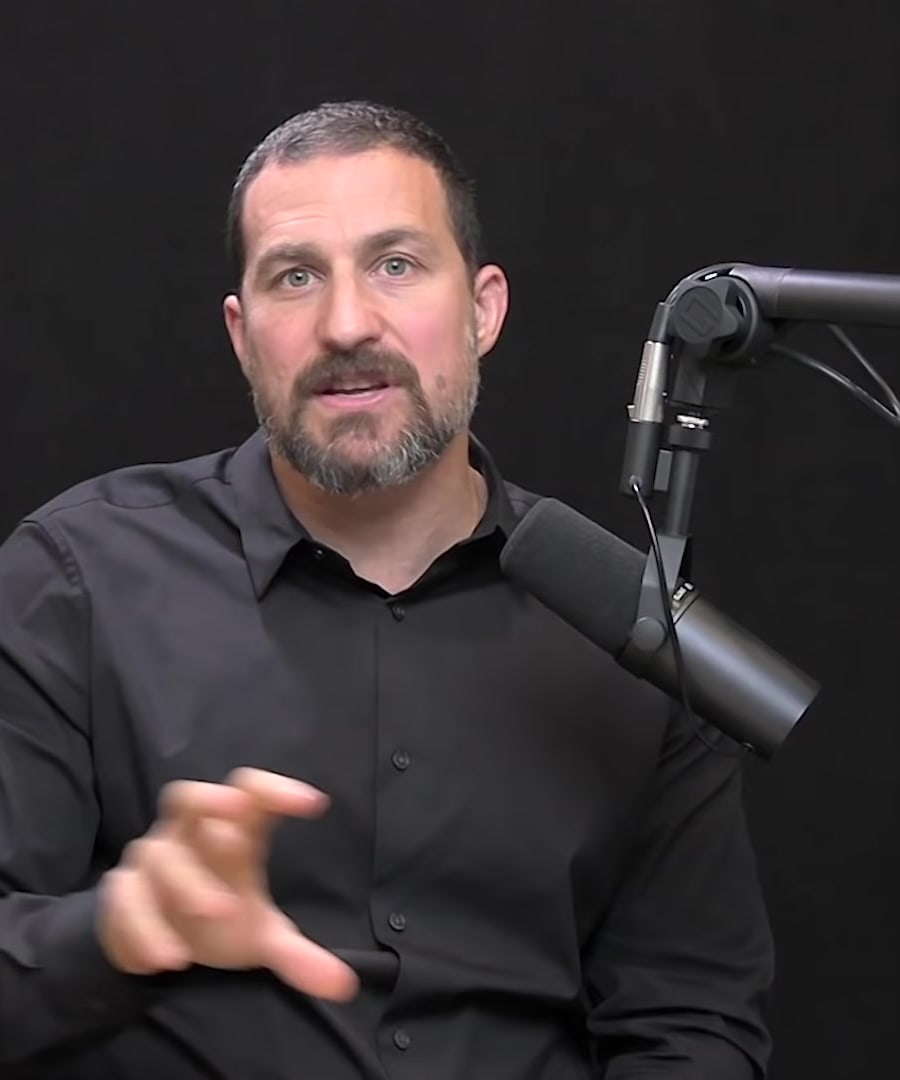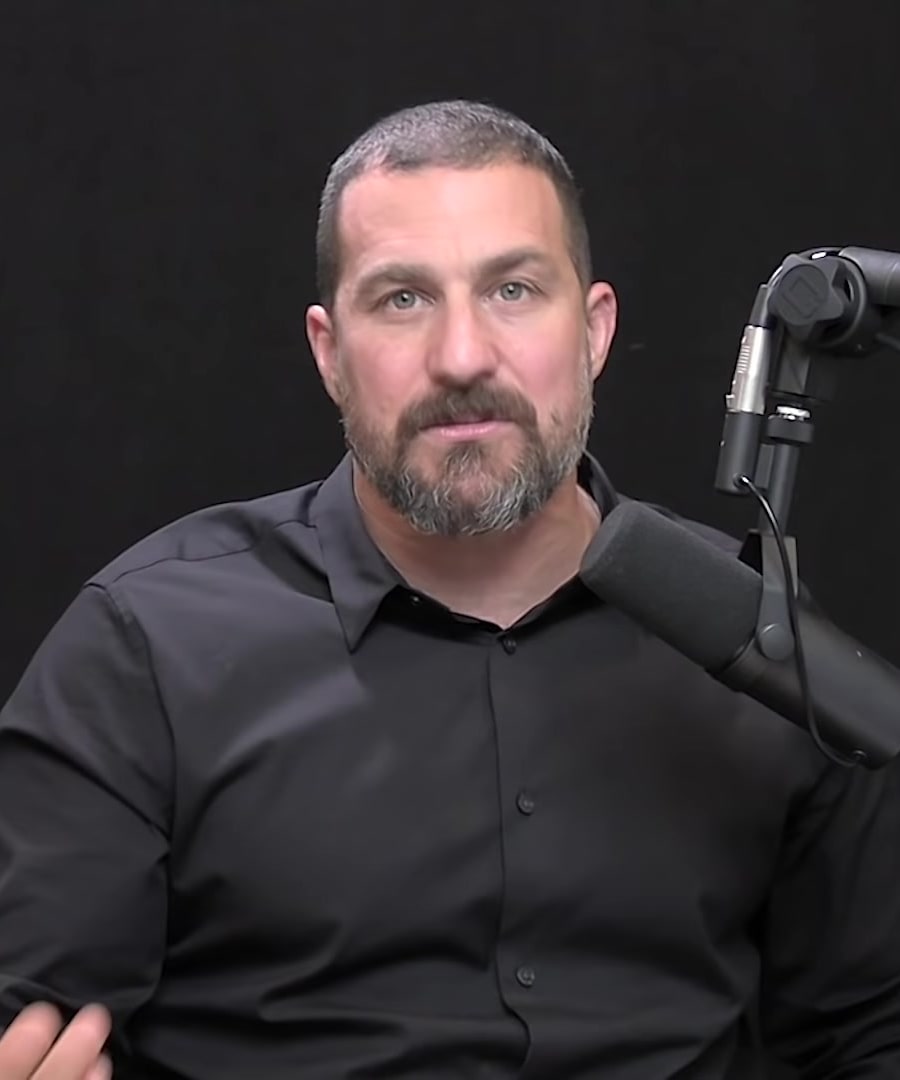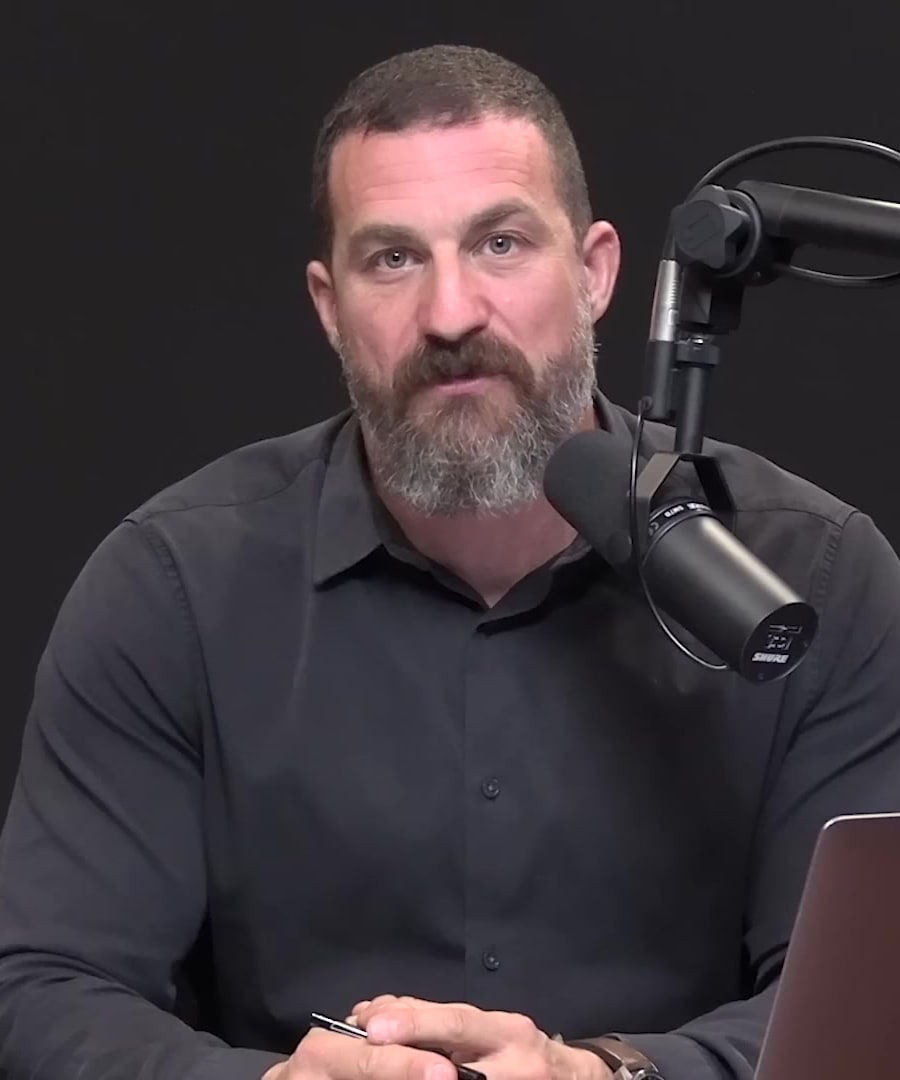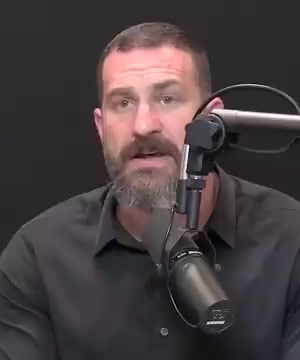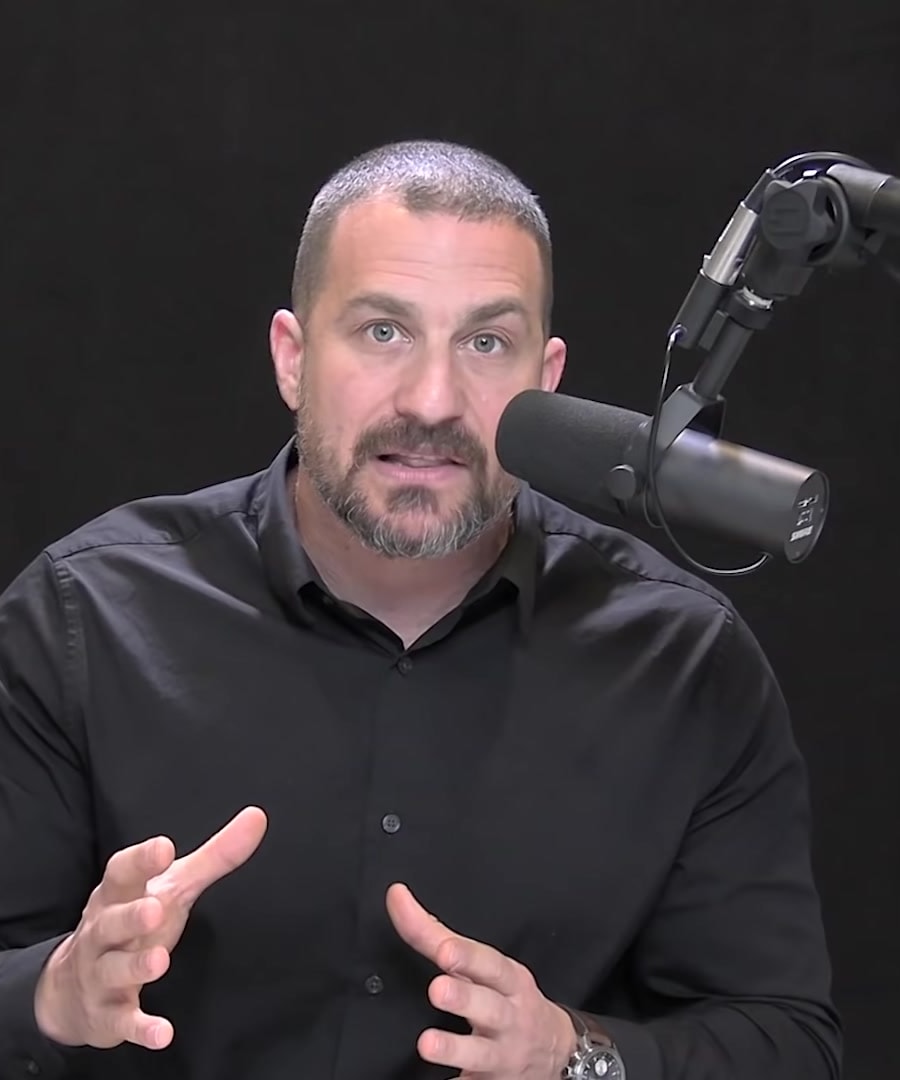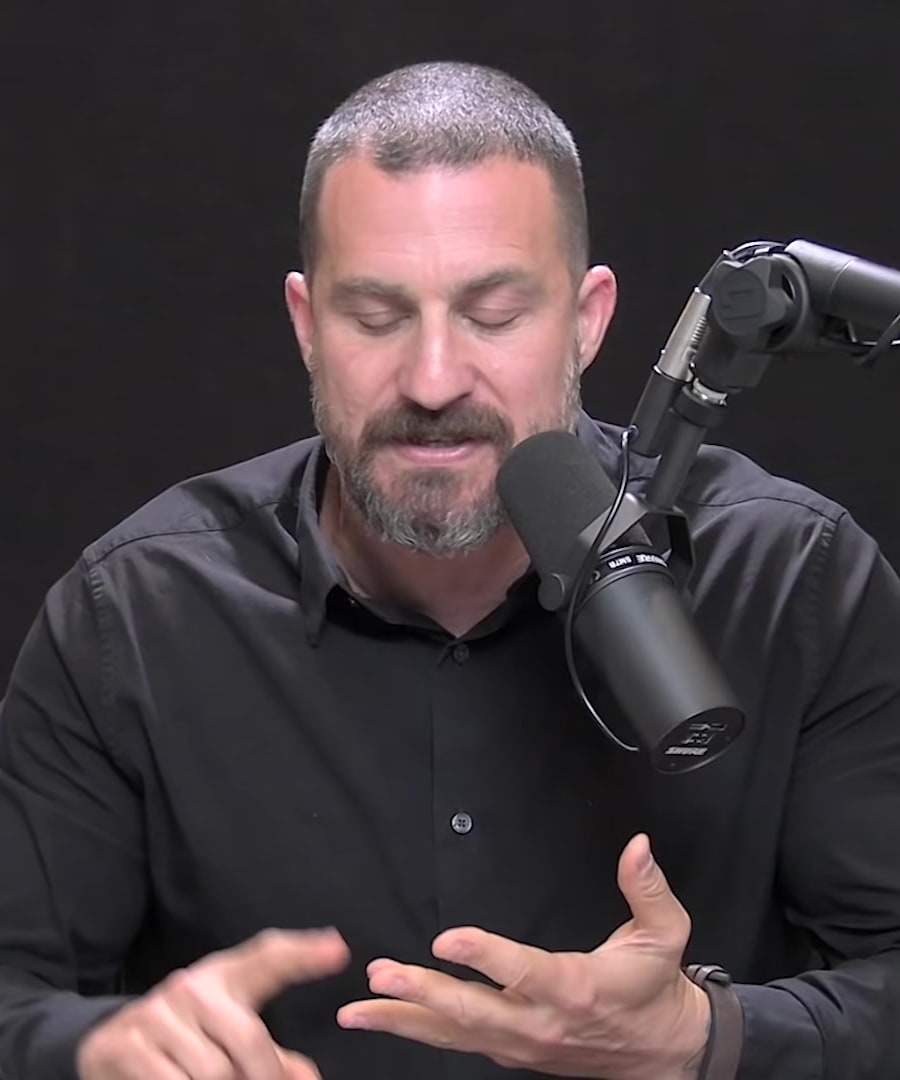l-theanin
Sources:
L-Theanine, a supplement discussed by , can enhance the transition to sleep, increase the depth of sleep, and boost the inhibitory neurotransmitter GABA in the brain. It's been shown to have a significant impact on relaxation, minor effects on anxiety, and can reduce stress associated with task completion. The usual suggested dosage is 100 to 200 milligrams about 30 to 60 minutes before sleep. Besides its use in promoting restful sleep, L-Theanine has a mild anxiety-reducing effect and is sometimes included in energy drinks to reduce the jitters from caffeine, allowing for continued consumption without overstimulation 1 2 3.
However, also mentions that it's not recommended for those who tend to have very vivid dreams, night terrors, or sleepwalking to take L-Theanine before sleep. During the daytime, it can be used to offset jitteriness from caffeine. Theanine stimulates the glutamate and glutamine pathway, competing for receptors for excitatory neurotransmitters that govern much of our daily thoughts and actions 4.
Please make sure to consult a healthcare provider to ensure that L-Theanine is safe for you before adding it to your regimen.
RELATED QUESTIONSHow does L-Theanine enhance sleep?
Sources:
L-Theanine enhances sleep primarily by increasing the levels of GABA, an inhibitory neurotransmitter in the brain. This helps reduce activity in the forebrain that's associated with thinking and ruminating, which in turn assists in the transition to sleep and can improve sleep depth 1. It activates the GABA pathways, which are involved in shutting off top-down processing and thinking 2.
However, it should be noted that while L-Theanine can aid in falling asleep and improving sleep quality, it is not recommended for individuals who experience very vivid dreams, night terrors, or engage in sleepwalking 3.
L-Theanine is generally taken in doses of 100 to 200 milligrams about 30 to 60 minutes before going to bed to leverage its sleep-enhancing effects 4. It is also worth mentioning that L-Theanine is currently included in some energy drinks to counteract jitters from caffeine during the day, which indicates its calming effect 5.
Before considering L-Theanine as a sleep aid, consulting a healthcare provider is crucial to ensure it is safe and appropriate for your specific circumstances and health conditions.
RELATED QUESTIONSWhat are natural sources of L-Theanine?
Sources:
Natural sources of L-Theanine are primarily found in tea leaves. Both green and black tea contain L-Theanine, which contributes to their calming effects. This amino acid is particularly abundant in green tea varieties. Although has not specified tea in his podcasts as a source of L-Theanine, it's widely recognized that this is the primary natural source for this compound. Tea is often consumed both for its relaxation properties and the gentle alertness it can promote, owing to the combined effects of L-Theanine and caffeine present in the tea leaves.
RELATED QUESTIONSTell me about Andrew Huberman
Sources:
is a neuroscientist, associate professor at Stanford University School of Medicine, and host of the Huberman Lab podcast. His work spans brain development, plasticity, and neural regeneration. He's also engaged with Momentous, a company focused on sports and nutrition supplements. Known for explaining complex neuroscience topics to a broad audience, he frequently discusses the science of the brain's functions and how they impact human behavior and health.
RELATED QUESTIONSnootropics
Sources:
has offered insights on nootropics in various episodes of the . He has discussed the importance of understanding what specific cognitive abilities one is looking to enhance when considering nootropics, such as focus, creativity, or memory. He emphasizes that while nootropics can potentially boost focus or alertness, they do not replace the need for deep restful sleep essential for learning and memory 1.
Dr. Huberman has also explained the potential use of nootropics for increasing motivation or clarity but warns against the idea of a universal "smart drug" since different cognitive functions are underpinned by different neural circuits and chemicals 2. He explains that personalization in nootropics is critical, as everyone's brain chemistry varies, which is why he speaks about companies like Thesis that provide personalized nootropic formulas tailored to individual goals and neurochemistry 3.
He approaches nootropics with caution, noting that some—including stimulants like Modafinil—have the potential for addiction and can impact metabolic health 1. Lastly, he often mentions reviewing nootropics for safety and efficacy on resources like Examine.com before use 1.
RELATED QUESTIONSnsdr protocol
Sources:
Non-Sleep Deep Rest (NSDR) is a concept discussed by as a collection of practices for directing the brain and body into a state of deep relaxation without falling asleep. NSDR methods can help with recovery of sleep, anxiety regulation, and general restoration for focused work. The protocols under NSDR, such as guided relaxation scripts, yoga nidra (without mystical components or intentions), and hypnosis, have shown benefits like replenishing dopamine and supporting neuroplasticity, the brain's ability to change and adapt.
For instance, has recommended NSDR to anyone having trouble sleeping or needing to improve their ability to fall back asleep during the night. It's also useful for anxiety or anyone looking for a general restorative tool 1. NSDR practices include various timelines and can be found as free resources online, including a 10-minute NSDR script read by Dr. Huberman himself, available on YouTube when searching for his last name and 'NSDR' 1.
In addition to aiding with sleep and relaxation, NSDR has the potential to increase the available levels of dopamine and enhance the rates of neuroplasticity. This makes it a powerful tool for learning and focus, especially when sleep-deprived 2. NSDR has been utilized to help manage immediate stress and support better handling of long-term stress as well 3.
Dr. Huberman has also highlighted that while traditional yoga nidra and NSDR are similar, NSDR is purposefully designed to be non-specific and generic, offering an accessible version of deep relaxation practices that some might prefer over yoga nidra's more traditional language 4. He emphasizes the broad safety margins of NSDR, given its nature as a listening practice, and its solid grounding in peer-reviewed science, making it a zero-cost, research-backed tool 5.
For those interested in adopting NSDR practices, it's recommended to explore and find the protocol that best suits personal preferences and requirements. Whether it's for managing sleep, enhancing learning, or coping with stress, NSDR can be utilized alongside other well-being and productivity tools.
RELATED QUESTIONSnsdr protocol
Sources:
has discussed different practices under the umbrella of Non-Sleep Deep Rest (NSDR), which are designed to bring the brain and body into a state of deep relaxation without falling asleep. These include guided relaxation scripts, yoga nidra, and hypnosis. NSDR can help in replenishing dopamine and enhancing neuroplasticity, aiding in improving sleep, anxiety, self-regulation, and cognitive and motor control. It can also serve as an effective restorative tool for focused work 1.
The 's NSDR protocols can vary in duration, typically from 10 to 60 minutes per day, and can be practiced at different times depending on individual needs and circumstances. For example, one might engage in NSDR in the morning after inadequate sleep or during the day if feeling fatigued. Dr. Huberman himself practices NSDR daily and extends the time on days when sleep deprived 2.
Dr. Huberman differentiates his generic NSDR protocols from traditional meditation practices like yoga nidra by intentionally avoiding mystical components and specific language that might deter some individuals. This makes NSDR more generic and accessible while still aiming to achieve deep relaxation 3.
Additionally, Dr. Huberman discusses the ample literature supporting that regular practice of NSDR types, such as meditation, yoga nidra, and hypnosis, promote deep relaxation, focus enhancement, and brain plasticity acceleration, with hypnosis being one directed form of NSDR 4.
For those interested in trying NSDR, Dr. Huberman has mentioned that the scripts are zero-cost resources and can be found online, including his own 10-minute NSDR script available through searches on the internet 1. He emphasizes its safety due to its nature as a listening practice 5.
To summarize, NSDR protocols should be functional and chosen to fit the user's personal preference, whether it's for sleep management, stress handling, or augmented learning and focus.
RELATED QUESTIONSnatural sources of l-dopa
It appears there is no specific mention of natural sources of L-DOPA in the dataset as of my last update. L-DOPA, or Levodopa, is an amino acid precursor to dopamine and is primarily used in the treatment of Parkinson's disease.
In general, L-DOPA is present in certain natural food sources, most notably in the seeds of the plant Mucuna pruriens, commonly known as velvet bean. It's worth noting that while such natural sources might be an interest for nutritional purposes, the concentration of L-DOPA and its bioavailability can differ widely depending on the source. Therefore, it's often recommended to seek professional medical advice before considering L-DOPA ingestion through natural sources, especially for therapeutic purposes.
RELATED QUESTIONShow many sticks of butter does Andrew eat per day?
Sources:
has not specified the exact amount of butter he consumes daily. However, in a discussion on eating habits and eating disorders, he mentioned that he enjoys butter and consumes it, but did not mention consuming it in large quantities. He also indicated his awareness that food preferences and tolerances can vary greatly between individuals, emphasizing the importance of recognizing these differences 1.
RELATED QUESTIONSdoes Andrew eat 3 or 6 sticks of butter per day?
Sources:
There is no data indicating that eats either 3 or 6 sticks of butter per day. His discussions on his podcasts don't cover his daily butter intake in such quantities. It's important to base dietary choices on credible nutritional information and personal health needs. If you have questions about nutrition or diet, it's best to consult with a healthcare provider or a nutritionist for personalized advice.
RELATED QUESTIONS
l-theanin
- RELATED QUESTIONS
How does L-Theanine enhance sleep?
- RELATED QUESTIONS
What are natural sources of L-Theanine?
- RELATED QUESTIONS
Tell me about Andrew Huberman
- RELATED QUESTIONS
nootropics
- RELATED QUESTIONS
nsdr protocol
- RELATED QUESTIONS
nsdr protocol
- RELATED QUESTIONS
natural sources of l-dopa
- RELATED QUESTIONS
how many sticks of butter does Andrew eat per day?
- RELATED QUESTIONS
does Andrew eat 3 or 6 sticks of butter per day?
- RELATED QUESTIONS

